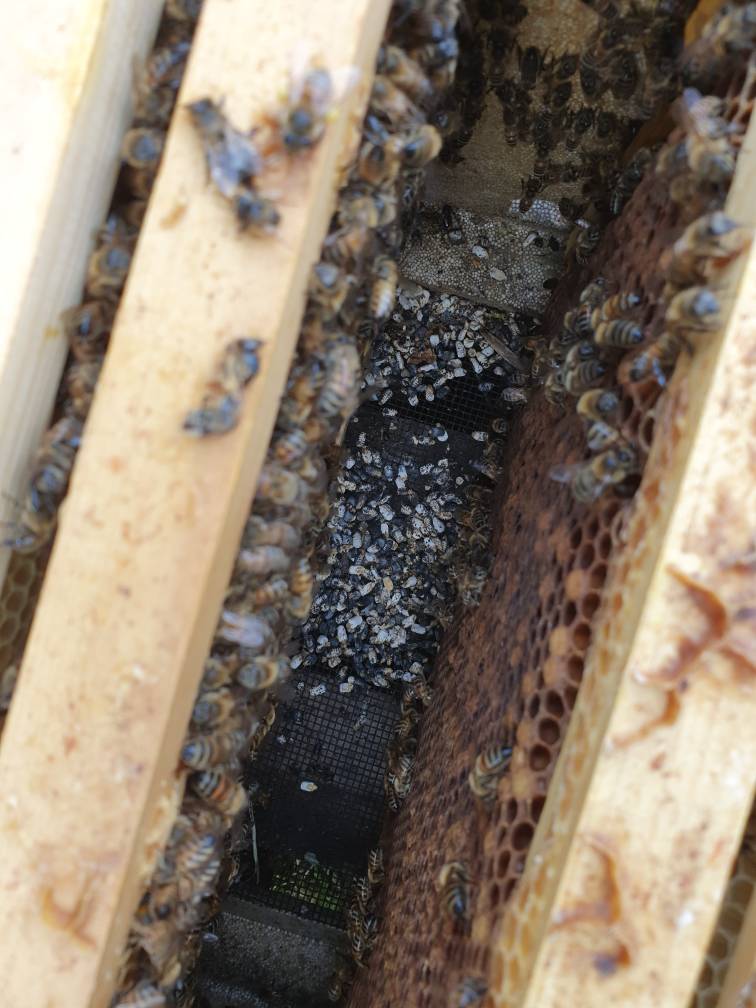For want of a better word
Queen Bee
- Joined
- Oct 30, 2010
- Messages
- 12,502
- Reaction score
- 37
- Location
- South West
- Hive Type
- National
- Number of Hives
- Miriads
Been gifted a bottle of BeeVital Chalkbrood stuff... looks like their old HiveClean solution.
Not really into squirting snake oil on my colonies,, other than the odd dash of Vimto and the odd rhubarb leaf....
Not sure if this works in eliminating chalk.... advice used to be to change the queen as the only fix....
Any one using it??? any results????
Couple of colonies seem to be prone, despite queen change.
Can not see a manufacture date or use by on the bottle????
Chons da
Not really into squirting snake oil on my colonies,, other than the odd dash of Vimto and the odd rhubarb leaf....
Not sure if this works in eliminating chalk.... advice used to be to change the queen as the only fix....
Any one using it??? any results????
Couple of colonies seem to be prone, despite queen change.
Can not see a manufacture date or use by on the bottle????

Chons da







 By the F2 generation the worker bees are back to 75% local genes.
By the F2 generation the worker bees are back to 75% local genes.